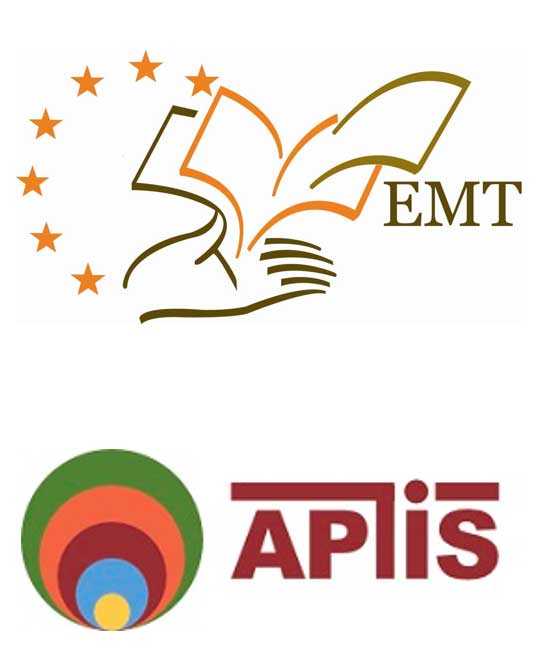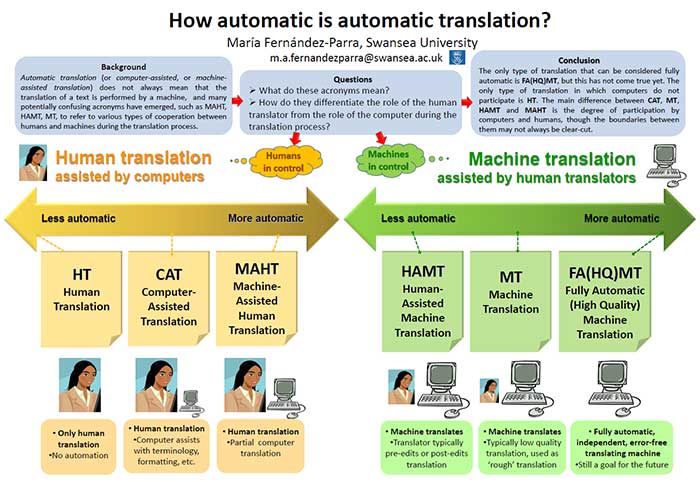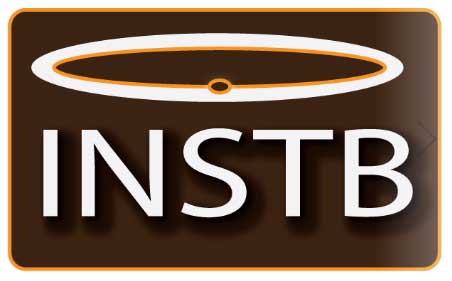-
MLC233
Iberian Language (Catalan/Portuguese) for Starters
Learning a foreign language can boost your career prospects and make you stand out in the job market. This course is for you if you have no knowledge of either Catalan or Portuguese. You will be able to gain basic speaking, listening, reading and writing skills, while engaging in meaning-focused communicative and task-based activities. You will familiarise yourself with and systematically review a range of simple morphosyntactic structures (grammar) and vocabulary (words). Via the use of authentic materials, videos and graded readings, you will learn about Catalan or Portuguese people, language and culture.
-
MLC333
Iberian Language (Catalan/Portuguese) for Starters
Learning a foreign language can boost your career prospects and make you stand out in the job market. This course is for you if you have no knowledge of either Catalan or Portuguese. You will be able to gain basic speaking, listening, reading and writing skills, while engaging in meaning-focused communicative and task-based activities. You will familiarise yourself with and systematically review a range of simple morphosyntactic structures (grammar) and vocabulary (words). Via the use of authentic materials, videos and graded readings, you will learn about Catalan or Portuguese people, language and culture.
-
MLT317
Simulated Translation Bureau
As a student of translation, you tend to work with much precision on the solution of individual translation problems. This is of course an essential component of the work of professional translators. However, when you make the step from being a translation student to working as a professional translator, there are other factors that play a role in your day-to-day work. This module is intended to provide you with the knowledge and skills you need to make this step successfully.
-
MLT318
Terminology Management
Terminology management is one of the most time-consuming aspects of professional translation. Many dedicated tools have been developed to reduce the time translators have to spend on terminology. The proper use of these tools requires a good understanding of the theoretical background of terminology as well as some practice. In this module, we will consider different types of terms and the proper treatment of each of them. We will also work with some of the state-of-the-art termbase software.
-
MLTM03
Technology-enhanced Translation
This module provides hands-on training in key computer-assisted translation (CAT) tools, machine translation (MT) and post-editing (PE) techniques required by the modern translation profession. The bulk of the module is devoted to hands-on use of two leading CAT tools (typically RWS Trados Studio and Phrase TMS) to a professional standard, including the use of MT within them. Assessment is by one group-based practical assignment (60% of the module mark) in which students translate English-language files into several languages, working in teams and each then writing an individual report, and one MT quality evaluation project (40% of the module mark). In the practical assignment, the group¿s data files and the quality of the terminological database account for 40% of the mark and the individual report accounts for 60%.
-
MLTM05
Foundations of Translation and Interpreting
This module introduces key concepts in translation studies and contemporary ethical viewpoints relevant to translators and interpreters in the current digital age. You will learn about the content and development of these concepts and viewpoints, and develop your own critical thinking of these issues in contexts. Typical topics include the functionalist approach to translation practice, equivalence theory, polysystem theory, descriptive translation studies, translator¿s visibility, cognitive translation theories, etc. The ethical issues raised by the practice of translation and interpreting in a range of different contexts will be discussed in light of religious, political, cultural and social value-systems.
-
MLTM17
Simulated Translation Bureau
As a student of translation, you tend to work with much precision on the solution of individual translation problems. This is of course an essential component of the work of professional translators. However, when you make the step from being a translation student to working as a professional translator, there are other factors that play a role in your day-to-day work. This module is intended to provide you with the knowledge and skills you need to make this step successfully
-
MLTM21
Dissertation (Translations and Analysis)
This is a dissertation module, designed as a professional alternative to the traditional Part 2 Dissertation, to give students the opportunity to demonstrate in combination all the skills they have acquired in Part 1 of their MA, in one or two language pairs, as well as to start to build up one or two translation specialisms which will subsequently assist them in gaining employment.
This module consists of two extended translations, each of 5,500 words, one of which must be of a technical text, the other either of a technical or non-technical text. Technical translations must be carried out using computer-assisted translation tools and terminology management software, as explained in the module guide, and must be accompanied by submission of appropriate data files and a commentary of 2,200 words. Non-technical translations must be accompanied by a commentary of 4,000 words. All commentaries must include evidence of analysis to the satisfaction of the examiners.
-
MLTM36
Iberian Language (Catalan/Portuguese) for Starters
Learning a foreign language can boost your career prospects and make you stand out in the job market. This course is for you if you have no knowledge of Catalan/ Portuguese. You will be able to gain basic speaking, listening, reading and writing skills, while engaging in meaning-focused communicative and task-based activities. You will familiarise yourself with and systematically review a range of simple morphosyntactic structures (grammar) and vocabulary (words). Via the use of authentic materials, videos and graded readings, you will learn about Catalan/ Portuguese, its people and culture, and the Catalonian/Portuguese way of life.





